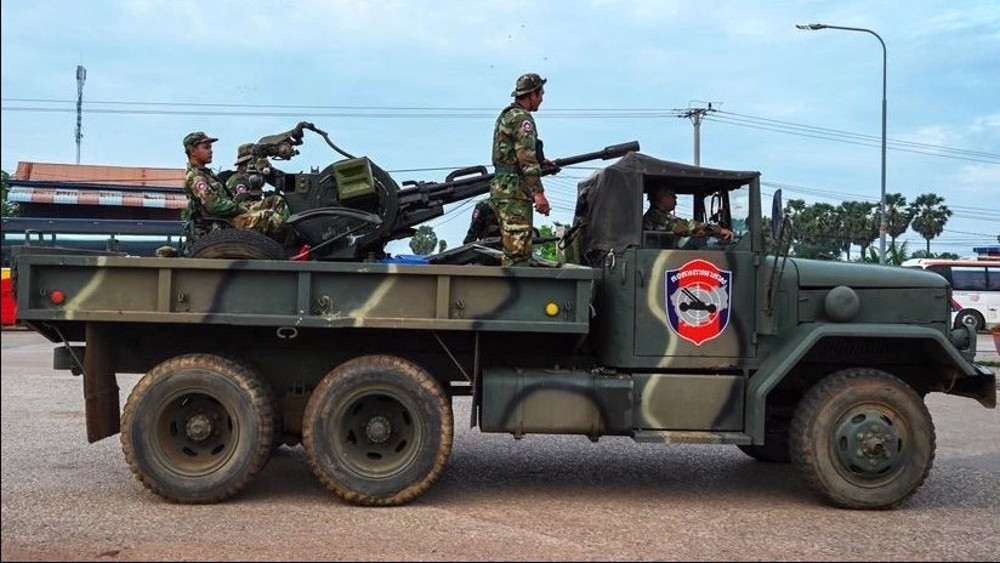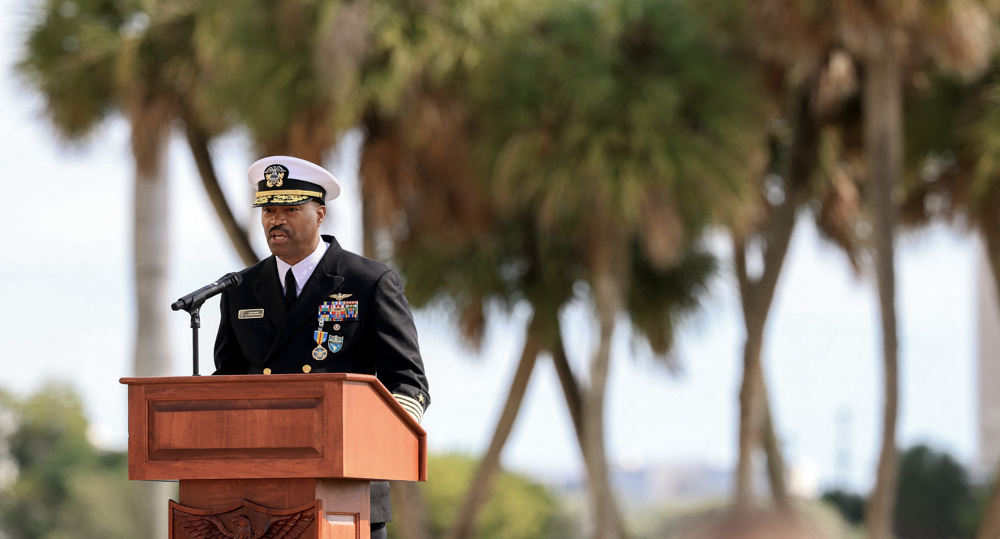US judges handled ruling on China case: Analyst
Press TV has conducted an interview with Paul James, a host at the China Radio International from Beijing, about ruling of the Permanent Court of Arbitration in The Hague against China and siding with the Philippines in a case on the South China Sea.
The following is a rough transcription of the interview.
Press TV: The situation is heating up in the South China Sea. Tell me your take on it especially now after this verdict coming out of The Hague. How do you see the situation progressing in the area?
James: Well, we can’t say that it’s overly surprising. We knew that Beijing was going to take a hard-line stance on this. They said from the beginning that they were not going to respect the arbitration ruling, which came out for Taiwan. To make a stand on this is a little bit more interesting, which creates its own dynamic of course, because Beijing considers Taiwan part of a greater China. Of course, Taiwan does not see it that way, and so you have got that dynamic, plus you’ve got Japan now starting to open up its suggestion box as it were.
And so, I think it’s getting a little bit more tense here. The question is how far will it go? We anticipated a lot of rhetoric and a lot of feet stamping as it were the 24 hours or so, and it hasn’t even been that since the ruling was brought down. But the question is how far will the Chinese authorities let it go? And I anticipate now - this is just my personal opinion - that things will cool down but all depends on what the rest of the parties outside of China do.
Press TV: Well, let’s look at that, what the other parties will do? We see the situation for example, as you said, also Japan and we had the Philippines getting involved in this and Taiwan. Do you see hands behind this? Do you think that the United States is pushing its allies to initiate this type of reaction against Beijing?
James: Well, certainly the government here in Beijing... one of their immediate responses after the verdict came down was to say that in fact the Philippine arbitration was basically sort of handled by the United States. They pointed to the fact that a couple of US lawyers were involved in the arbitration case on behalf of the Philippines.
And of course you look at the US troops movements and military movements within the South China Sea which are continual. There’s definitely an argument to be said there that perhaps there be more to this than originally meets the eye as far as the arbitration panel ruling is concerned, but the broader question is what is the United States going to do about it? ...But the bigger question is how much international pressure will the United States try to push on China for not adhering to what is essentially international law?
VIDEO | Lebanon commemorates martyrdom anniversary of General Soleimani
VIDEO | Massive protest held in Cuba to condemn US military operation in Venezuela
US Democrats float retaliation over Trump’s ‘insane’ Venezuela aggression
Iranian badminton star set to make history: Why Soraya Aghaei’s IOC nomination matters
VIDEO | Tunisians commemorate martyred resistance leaders
How global cultural memory lifts veil on less-known aspects of Gen. Soleimani’s personality
‘Act of war’: New York mayor slams US aggression against Venezuela
VIDEO | Shamima Begum appeals loss of UK citizenship














 This makes it easy to access the Press TV website
This makes it easy to access the Press TV website